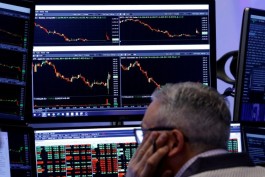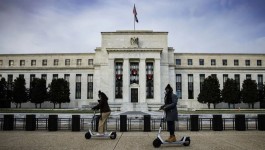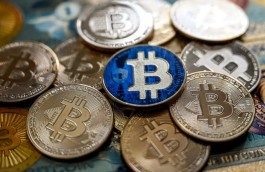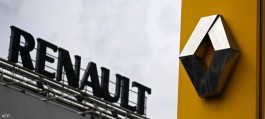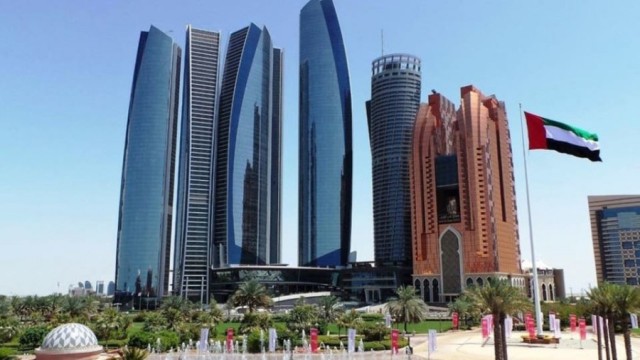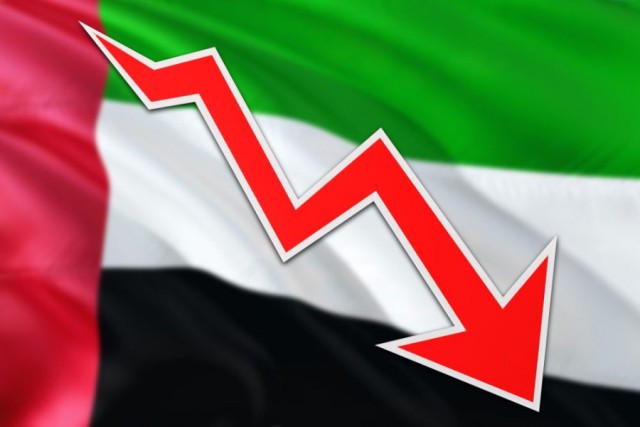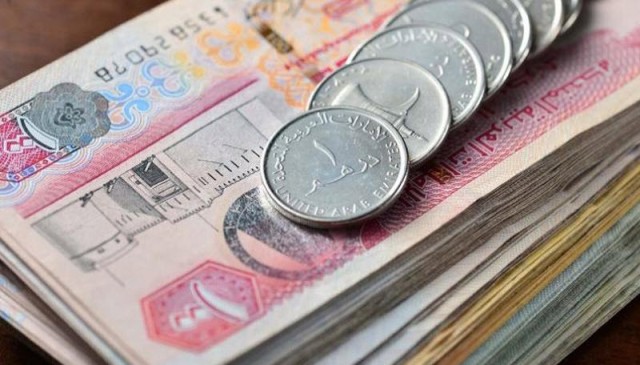Inflation rates in the UAE fell by 1.3% year-on-year during last February, compared to February of 2019.
Thus, it continued to decline for the fourteenth month in a row, after a significant rise of 4.76% in the beginning of 2018 following the implementation of the value-added tax of 5%.
According to the newspaper, the data of the Federal Competitiveness and Statistics Authority revealed today that the general consumer price index (inflation) reached 107.86 points in February, compared to about 109.28 points in February 2019.
On a monthly basis, inflation decreased 0.26% in February, compared to 108.14 points in January.
The data showed that the decline in annual inflation came as a result of the decline of 7 main groups topped by clothing and shoes by 4.75%, housing, water, electricity and gas 4.63% and a variety of goods and services 4.2%, household appliances and equipment 2.82%, communications 0.83%, restaurants and hotels 0.72% and health services 0.08%, while 5 groups, led by promotion and culture, rose 10.65%, tobacco, 6.4%, transportation services, 3.11%, food and beverages, 0.53%, and education, 0.75%.
While the decrease in inflation came on a monthly basis due to the decrease of 4 main groups, headed by housing, water and electricity 0.02%, miscellaneous goods and services 0.22%, transportation services 1.91%, promotion and culture 5.42%, while 5 groups headed by food and beverages rose 0.45%, clothes and shoes 2.43%, and household fixtures and equipment 0.25%, communications 0.12%, restaurants and hotels 1.98%, while tobacco groups, health and education services remained unchanged.
According to the change in the consumer price index, according to the emirate, inflation decreased on a monthly basis by 0.39% in Abu Dhabi, 0.34% in Dubai, 0.38% in Ajman, 0.06% in Umm Al Quwain, and 0.24% in Fujairah, while it rose in Sharjah and Ras Al-Khaimah are 0.16% and 0.02%, respectively.



















